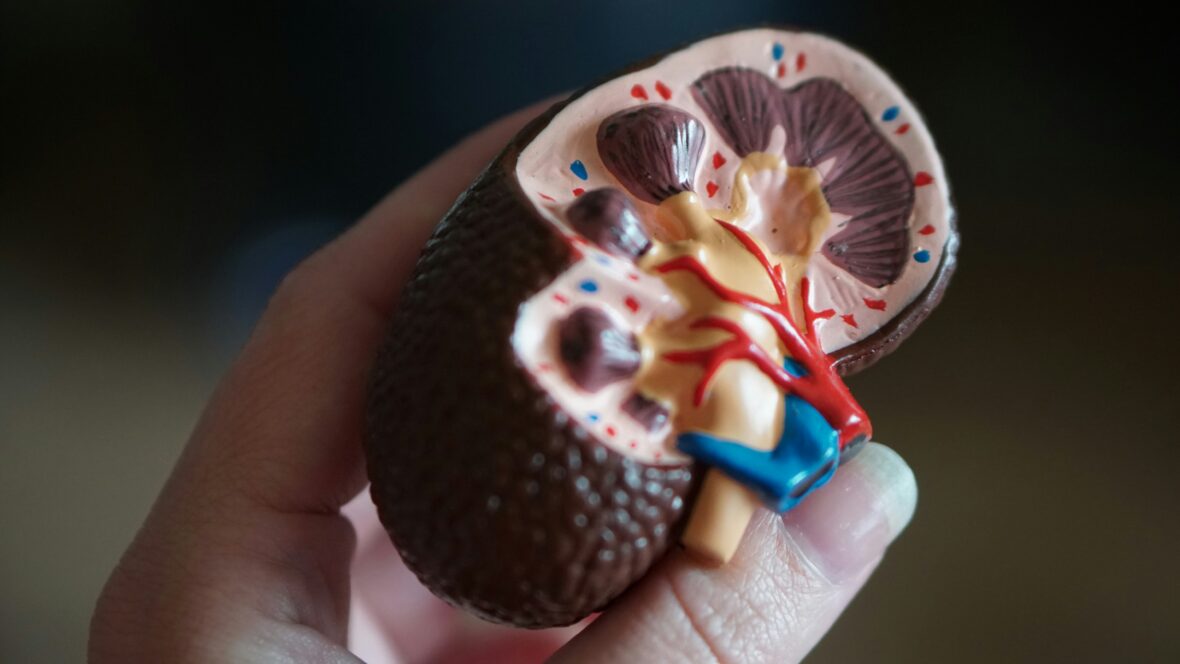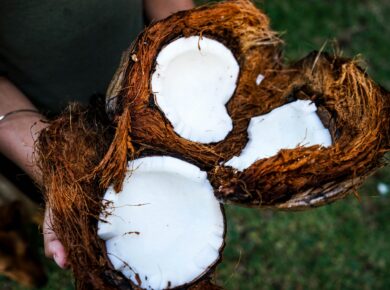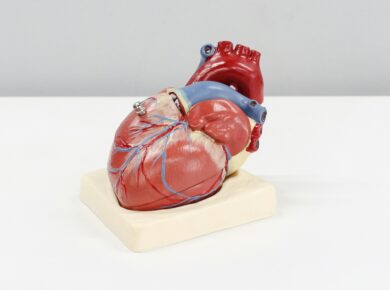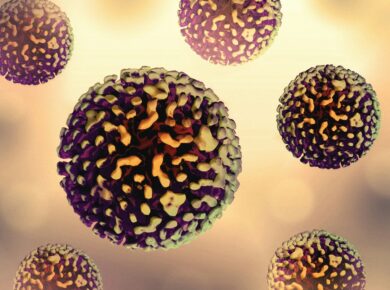The kidneys are the excretory organs used to eliminate waste from the body. There are different types of waste, namely: gases, liquids and solids. Excretion is the word used to describe the ways your body removes waste products. This article examines how to cure kidney diseases.
Introduction
Some of our bodies’ waste products are poisonous. The most harmful are those that contain nitrogen. They are known as nitrogenous substances, which are removed from the blood and excreted in urine.
Where are the kidneys? We all have two kidneys each. They are bean-shaped organs, and each is about a fist in size. They are located in the mid back, just below the rib cage on each side of the body.
Each kidney is ovoid and like a bean seed, indented on one side, called the hilum, through which it receives blood supply, and a waste pipe called the ureter takes off from this side.
This waste pipe called the ureter takes the urine to the temporary storage called the bladder. The bladder empties its contents through the urethra. For effective function of the kidneys, adequate blood pressure must be maintained.
Normal Kidney Functions
Normal Urine
Kidneys are responsible for making sure that we do not drown in our water. Each day we take up to 2 litres of water information of drinks and food.
We also generate up to 500mls of water internally through the breakdown of body fuel such as carbohydrates in the process of generating energy for the body’s activities.
The kidney excretes between 1.2-1.5 litres of this fluid as urine, with the following characteristics: straw urine, clear urine without sediments.
It is passed 3 -4 times a day and usually not at night. The urinary stream is painless, continuous and effortless.
Focus 1
The specific gravity is usually about 1,020, but ranges between 1,010 and 1,030 depending on the need for concentration or dilution.
It is slightly acidic and may contain no sugar or protein, but may contain a few white cells (less than 5 per high-power field) on microscopy. But no red cells.
Our body is an integrated series of cells in their trillions. These cells are the basic units of every tissue and organ. These cells require some materials called electrolytes for effective functioning.
These have to be in specific and constant concentrations; otherwise, the cells will malfunction. It is like the battery water, which must not be too acidic or flat; otherwise, the battery cells will die.
Focus 2
Our kidneys are a major player in regulating the electrolytes and maintaining of acid-base balance of the internal environment of the body.
When the kidneys are diseased, the salt that we ingest in food will accumulate and cause hypertension. Another electrolyte, such as potassium, calcium, hydrogen, chloride, bicarbonate, or phosphates, can also accumulate with serious consequences, including sudden death.
Blood pressure control resides in the kidneys. Various substances found to be responsible for hypertension are released or made in the kidneys.
The substances are released in response to changes in the volume and pressure of blood circulating through the kidneys.
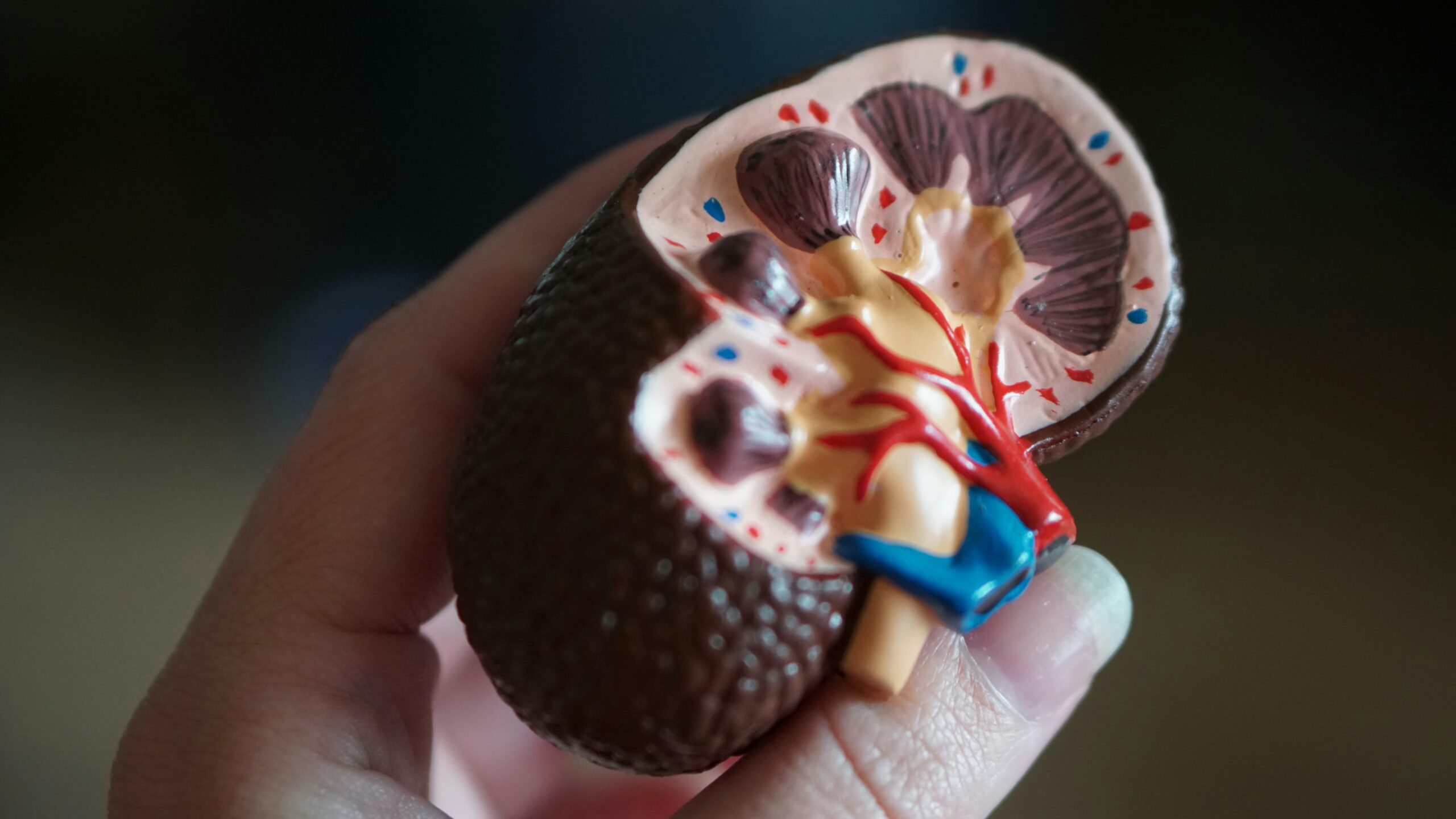
Focus 3
However, a diseased kidney will act inappropriately and cause hypertension or worsen existing hypertension.
The kidneys also regulate the production of blood through the secretion of certain substances called erythropoietin. In diseased kidneys,*this is in short supply.
The kidneys maintain the integrity and strength of our bones. It produces active vitamin D for this purpose, without which the bone becomes brittle, fragile and fractures easily.
The kidney also releases several other hormones necessary for metabolic processes in the body.
Diseases of the Kidneys
Diseases of the kidney can be acute or chronic, infectious or non-infectious. They include:
Glomerulonephritis
This is an inflammatory condition of the tubules/nephrons that make up the kidney. It can be acute or chronic.
The patient will manifest some or all of these features, namely, hypertension; body swelling due to salt and water retention, excessive protein leakage in urine, kidney failure, and blood in urine.
Acute nephritis is a disease of childhood and follows 2 -3 weeks after skin or throat infection by specific types of bacteria, e.g., Streptococcus. Other bacterial, viral, and parasitic types, such as malaria, Typhoid, HIV, Hepatitis, and B&C, may be associated.
The patient will experience a reduction in urine output, bloody urine, body swelling, foamy urine, and hypertension.
Treatment of this condition is aimed at control of hypertension and body swelling with antihypertensives, diuretic agents and a dietary regimen of salt and fluid restriction, optimal calories and low dietary protein.
Chronic Nephrites
This is a disease of both adults and children. It is a leading cause of chronic kidney failure in Nigeria. The causative agents are not often known.
Such agents as Plasmodium malaria, filarial worms, schistosomes, some viruses of HIV, and Hepatitis B&C have been fingered.
Others include bleaching soaps and body creams. Manifestations include hypertension, body swelling and chronic renal failure.
The Treatment
The aim is to retard or arrest the progression but not to abort it. The commonly used drugs are those that interrupt the inflammatory and immunological mechanisms involved in the development of the disease.
Drugs such as steroids, also immunosuppressive drugs, are used; these are dangerous drugs in that they reduce the body’s ability to overcome infections.
Anti-hypertensive drugs are often prescribed. In severe renal failure, dialysis will provide some relief, and ultimately kidney transplant in very severe cases.
Hypertension induced by kidney disease.
High blood pressure is a common disease in this environment and may be a cause of kidney disease and/or its consequences. Hypertension may damage the kidneys in several ways.
Uncontrolled hypertension is dangerous to the kidneys and other organs in the body. Drugs that may injure the kidneys include analgesics (pain killers), herbal concoctions, cigarette smoking, and excessive intake of alcohol.
All these should be avoided if at all possible. A dietary regimen low in salt and animal fat with optimal protein, calories and rich in vitamins is recommended. Adequate blood pressure control is paramount and the target should be 125/75.
Diabetes Mellitus Induced Kidney Disease
Kidney disease may follow poorly managed diabetes mellitus after a period of up to 10 years. This is not very common in our environment.
It is suspected when the patient begins to complain of poor vision (due to retinopathy), and abnormal sensation in the limbs (neuropathy)
The risk factors for progressive decline in renal function include inadequate control of blood sugar and poorly controlled hypertension.
This condition can be managed by the cautious use of anti-hypertensive drugs such as ACE inhibitors and others to bring the BP to 125/75. Regular exercise, control of body weight, and avoidance of smoking and drugs that are injurious to the kidneys.
Anti-diabetic medication must be used in optimal doses to control blood sugar to the recommended level.
Hereditary diseases of the kidneys
Polycystic kidney disease: There is a family history of cysts in the kidney and occasionally renal failure. Obstructive Uropathy: i.e. Disease resulting from obstruction to the flow of urine.
The urinary system comprises kidneys, ureters, bladder and urethra. Each component is functionally linked to the other. Interruption of the free flow of urine from the kidney to the ureter, bladder, or urethra is a major cause of problems frequently encountered in clinical practice.
Causes of Urinary Tract Obstruction
Obstructive Uropathy- Obstruction to the free-flow of urine
2 Major categories: Congenital & acquired
The congenital Diseases (Birth defects)
These are structural birth defects in the tract which narrow the lumen (channel) of the tract, causing a backup of urine and creating a back-pressure effect.
The most common are posterior urethral valves (PUV), urethral stricture, congenital bladder neck contracture and occasionally stones along the tract, either in the kidneys, ureter or occasionally in the urethra. You can read more similar posts on our medicine and health page of the site.
